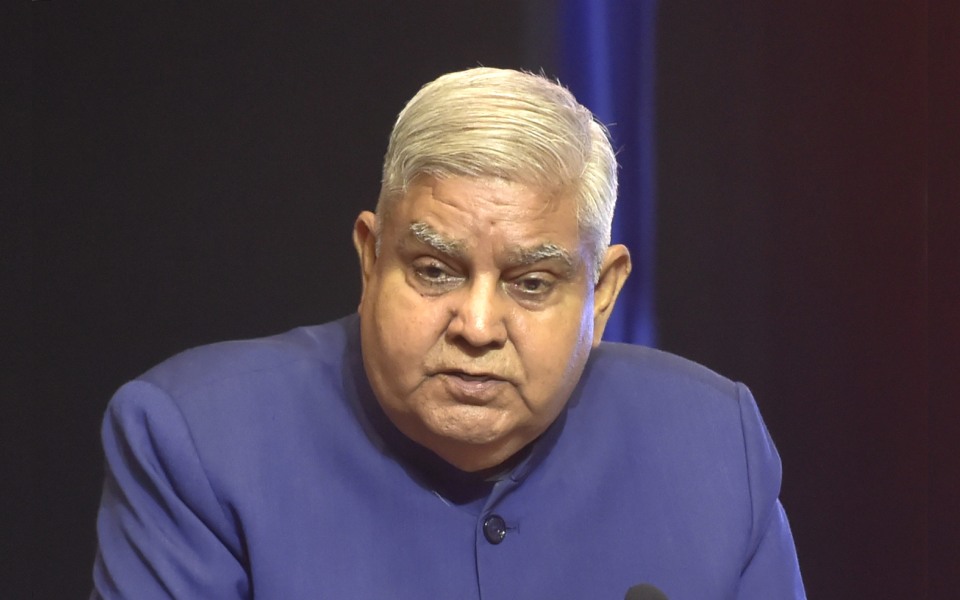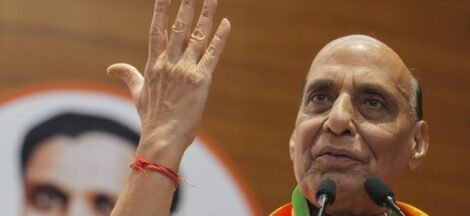Without directly naming any individuals, Dhankhar alluded to former Congress leaders, highlighting their previous roles in government and diplomacy, which made their comments even more alarming. He expressed disbelief that such responsible figures could promote what he termed as “false propaganda,” drawing a parallel between the situation in Bangladesh and the potential for similar incidents in India.
The Vice President’s comments were seen as a direct response to recent statements by Congress leaders, particularly Salman Khurshid, who had earlier drawn comparisons between the unrest in Bangladesh and the potential for similar events in India. Dhankhar emphasized that such rhetoric could undermine national unity and disrupt the country’s democratic processes.
During his address, Dhankhar also warned against the growing influence of anti-national forces, which, he claimed, were exploiting constitutional institutions to gain legitimacy and spread misleading narratives. He stressed the importance of safeguarding national interests and urged citizens to be cautious of those attempting to destabilize the country under the guise of political discourse.
The Vice President also took the opportunity to praise the judiciary for its role in upholding democracy, while recalling a darker chapter in India’s history. He referred to the Emergency period, describing it as a time when the judiciary had succumbed to the authoritarian rule of then Prime Minister Indira Gandhi. Dhankhar argued that had the judiciary resisted, the nation would have progressed much earlier and avoided decades of delay in its development.
His remarks have ignited a political debate, with some defending the right to critique the government’s actions, while others view Dhankhar’s comments as a necessary caution against the potential consequences of irresponsible rhetoric.
This exchange highlights the ongoing tensions between the ruling government and the opposition, particularly over how to address and interpret events in neighboring countries that may have implications for India’s own political landscape.




 Gadkari Warns Punjab of Halting Highway Projects Over Safety
Gadkari Warns Punjab of Halting Highway Projects Over Safety 